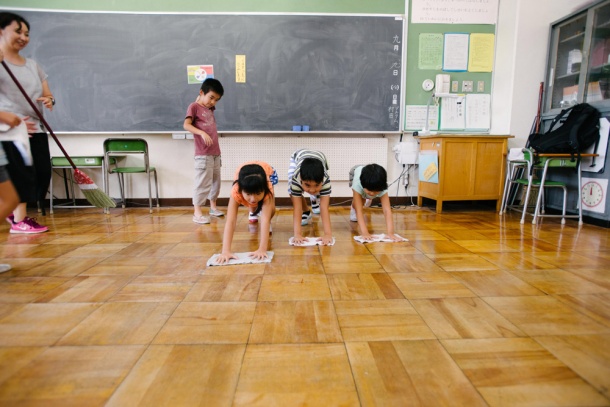In Japan, cleaning is a normal, routine, and daily responsibility. We clean our office before work, we clean the dojo floor before practice, even school children are taught to clean the classroom before lessons. Before going into public bathes or hot springs, the Japanese wash, scrub, and clean their bodies. Prior to New Year’s, it is customary ritual in Japan to clean your home and office. Marie Kondo has made the art of cleanliness into a global cultural phenomenon. Cleanliness has been even more prevalent and important to public health and safety during the Covid pandemic.

Why do the Japanese focus time to what is considered a menial task by Western standards? I believe the answer is both simple and complex. First, by cleaning we show a gratitude for the things we have and we become more attached to them. Second, by cleaning we begin a deeper understanding of our ourselves and of our relationship with our belongings. I believe that is why baseball players apply pine tar to their bats. Functionally, it will improve bat grip, but more importantly, there is a connection and understanding between the player and his bat. There are countless examples of this behavior, surfers applying wax to their boards, motorcyclists cleaning and maintaining their bikes, or chefs cleaning and sharpening their knives.
Hiroshi Mikitani of Rakuten explains the relationship between man and inanimate objects, “cleaning your workspace is a simple, easy way to remind yourself that you value the work your doing. It sets the stage, both physically and mentally, for you to achieve something great. Value the space you are in. Take the moment, put it on your calendar, make it a ritual. Do this and I am sure you will become more successful.”
The simple act of cleaning your physical and mental workspaces will benefit us all.



